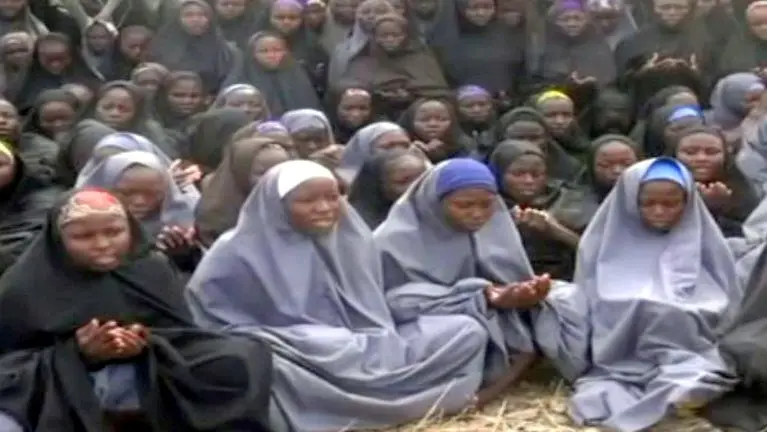The Chibok tragedy on April 14, 2014, is a sad milestone that has altered Nigeria, particularly Northern Nigeria, in at least two ways. It made mass abductions of innocent and defenceless civilians a way of life, undermining the North’s security and economic stability.
On that terrible day, a group of Boko Haram terrorists arrived in trucks and abducted approximately 276 primarily Christian children from the Government Girls Secondary School in Chibok, southern Borno State. The event aroused worldwide outcry, resulting in the birth of the #BringBackOurGirls movement, whose daily protests in Abuja aided opposition politicians and hostile foreign powers in their efforts to drive President Goodluck Jonathan from office.
Nigeria is a country where the government never learns from its own mistakes or those of its predecessors. While 108 of the Chibok girls are still missing, further school abductions have occurred in states including Yobe, Niger, Kaduna, Katsina, Zamfara, Kebbi, and Sokoto. Niger, Kaduna, Katsina, and Zamfara states have all had abductions, including the recent kidnapping and “rescue” of 130 people from Kuriga in Kaduna State.
Since Chibok, Northern Nigeria, which was formerly one of the most safe and calm places (except for moments of religious and communal unrest), has become practically impossible to visit. Armed criminals and hoodlums who now consider kidnapping and mass abductions as lucrative “businesses” have driven farmers off their land, turning vast swaths of agriculture and woodland into ungoverned territories.
As a result, a region that has long been the country’s primary source of food supply is experiencing bouts of famine and multidimensional poverty. Many schools have been forced to close, and the Out of School Children (OSC) phenomenon has deteriorated. The North accounts for more than 75% of Nigeria’s estimated 20 million out-of-school children.
Former President Muhammadu Buhari’s armed forces and police looked to be unconcerned about the threat posed by so-called bandits, despite the fact that his home state of Katsina was routinely targeted. The Bola Tinubu administration has used the military forces more effectively, yielding better results.
Chibok
However, due to the existence of networks of saboteurs, collaborators, and informants who profit from the revenues of this crime, bandits, criminal herders, and jihadists continue to target innocent individuals, particularly students, travellers, women, and children, for ransom. It is also suspected that certain rogue military, police, and security officers, dissatisfied politicians, traditional leaders, and corrupt clerics work with the robbers.
Ten years is too long to let this atrocity fester. The efforts we’ve taken to combat it are inadequate. Unless we correctly recalibrate, it could stay with us for another ten years.
Source: vanguardngr.com


